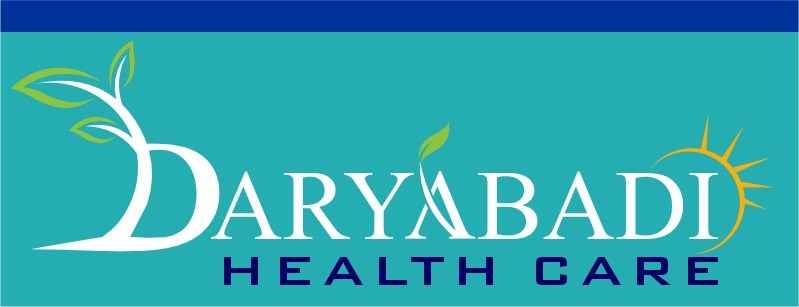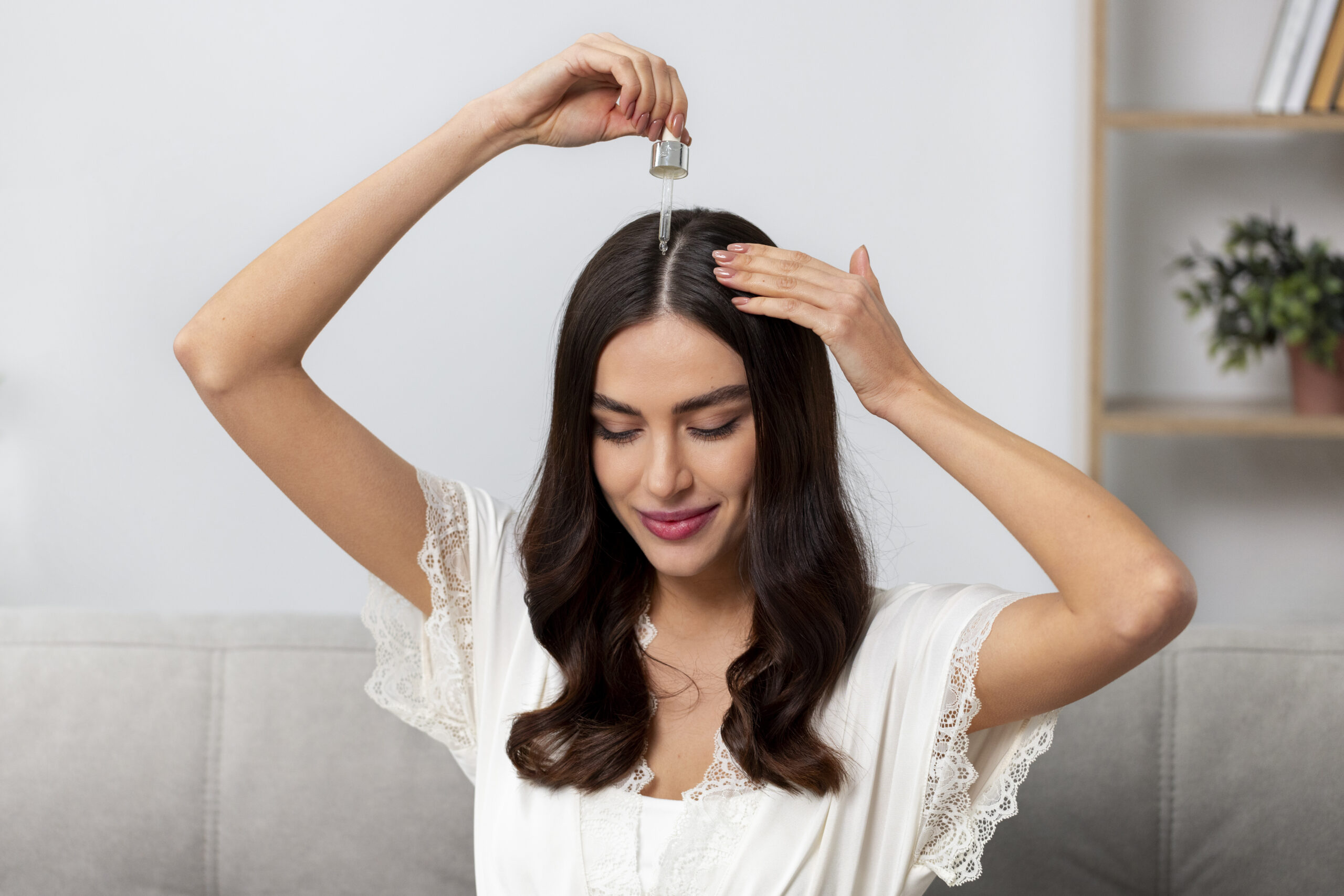Embracing Herbal Remedies: A Natural Approach to Treating Dandruff
Introduction:
Dandruff, characterized by the presence of white flakes on the scalp and sometimes accompanied by itching, is a common scalp condition that affects people of all ages. While it is not harmful or contagious, dandruff can be embarrassing and uncomfortable. Many commercial dandruff shampoos contain harsh chemicals that may strip the scalp of its natural oils and exacerbate the problem. In this blog post, we’ll explore the causes of dandruff, the benefits of herbal treatments, and how to effectively use herbal remedies to address this common scalp issue.
DISCLAIMER: The information provided in this blog is for educational and informational purposes only and is not intended as medical advice. The content is not intended to diagnose, treat, cure, or prevent any disease. Readers are advised to consult with a qualified healthcare professional regarding their specific health concerns and before starting any herbal remedies or health regimen. While every effort has been made to ensure the accuracy and completeness of the information presented, the author and publisher assume no responsibility for any errors or omissions. The use of herbal remedies and traditional medicine should be undertaken with caution and under the guidance of a qualified healthcare practitioner, especially for individuals with pre-existing medical conditions or those taking medications. The inclusion of specific herbs or formulations in this blog does not imply endorsement or recommendation. Individual responses to herbal remedies may vary, and it is important to consider individual health needs and sensitivities. Always read product labels and instructions carefully before use. By accessing and using this blog, readers acknowledge and agree to the terms of this disclaimer and release the author and publisher from any liability arising from the use or misuse of the information provided.
Understanding Dandruff:
Dandruff occurs when the scalp sheds dead skin cells at an accelerated rate, resulting in the formation of visible flakes. Several factors can contribute to the development of dandruff, including:
- Fungal Overgrowth: Malassezia, a type of yeast that naturally resides on the scalp, can proliferate and lead to dandruff when it grows out of control.
- Dry Scalp: A lack of moisture in the scalp can cause skin cells to become dry and flaky, resulting in dandruff.
- Seborrheic Dermatitis: This inflammatory skin condition can cause red, itchy, and flaky patches on the scalp, leading to dandruff.
- Sensitive Skin: Individuals with sensitive skin may experience dandruff as a reaction to certain hair care products or environmental factors.
THE BENEFITS OF HERBAL TREATMENTS FOR DANDRUFF:
Herbal treatments offer a natural and holistic approach to treating dandruff, addressing the underlying causes while nourishing and soothing the scalp. Unlike commercial shampoos that may contain harsh chemicals, herbal remedies are gentle yet effective, making them suitable for regular use. Here are some of the key benefits of herbal treatments for dandruff:
- Antifungal Properties: Many herbs possess antifungal properties that can help combat the overgrowth of Malassezia on the scalp, addressing one of the root causes of dandruff.
- Soothing and Nourishing: Herbal remedies often contain ingredients that soothe and nourish the scalp, reducing itching and irritation associated with dandruff.
- Balancing Scalp pH: Certain herbs help balance the pH of the scalp, creating an environment that is less conducive to fungal growth and dandruff formation.
- Improving Scalp Health: Herbal treatments promote overall scalp health by moisturizing and revitalizing the skin, helping to prevent dryness and flakiness.
Herbal Treatments for Dandruff:
There are numerous herbs and natural ingredients that have been traditionally used to treat dandruff. Here are some of the most effective herbal remedies:
- Tea Tree Oil: Tea tree oil is renowned for its antifungal and antimicrobial properties, making it an effective treatment for dandruff. It helps reduce scalp inflammation and itching while combating fungal overgrowth.
- Neem: Neem is a powerful herb with antibacterial and antifungal properties. It helps soothe and cleanse the scalp, reducing dandruff and promoting healthy hair growth.
- Aloe Vera: Aloe vera is known for its soothing and moisturizing properties. It helps hydrate the scalp, reduce itching, and promote healing, making it an excellent treatment for dandruff.
- Rosemary: Rosemary has antifungal and anti-inflammatory properties that can help alleviate dandruff symptoms. It also stimulates circulation to the scalp, promoting hair growth and overall scalp health.
- Lemon: Lemon juice contains citric acid, which helps exfoliate the scalp and remove dead skin cells. It also has antimicrobial properties that can help reduce dandruff-causing fungi.
- Fenugreek: Fenugreek seeds are rich in nutrients and antioxidants that nourish the scalp and promote healthy hair growth. They also have anti-inflammatory properties that can help reduce scalp irritation and dandruff.
- Coconut Oil: Coconut oil is a popular natural remedy for dandruff due to its moisturizing and antimicrobial properties. Massaging coconut oil into the scalp can help reduce dryness, itching, and flakiness.
USING HERBAL REMEDIES FOR DANDRUFF:
Now that we’ve explored some of the most effective herbal remedies for dandruff, let’s discuss how to use them effectively:
- Tea Tree Oil Treatment: Mix a few drops of tea tree oil with a carrier oil, such as coconut or olive oil. Massage the mixture into the scalp and leave it on for at least 30 minutes before shampooing as usual. Repeat this treatment 2-3 times per week.
- Neem Hair Mask: Grind neem leaves into a paste and apply it to the scalp. Leave it on for 30-60 minutes before rinsing with lukewarm water. Use this hair mask once or twice a week to reduce dandruff and soothe scalp irritation.
- Aloe Vera Scalp Treatment: Apply fresh aloe vera gel directly to the scalp and massage it in gently. Leave it on for 30 minutes before rinsing with lukewarm water. Use this treatment 2-3 times per week to moisturize the scalp and reduce dandruff.
- Rosemary Rinse: Steep rosemary leaves in hot water to make a strong herbal infusion. Allow the infusion to cool, then use it as a final rinse after shampooing your hair. Leave the rinse on for a few minutes before rinsing with cool water. Use this herbal rinse 1-2 times per week to promote scalp health and reduce dandruff.
- Lemon Juice Scalp Treatment: Mix fresh lemon juice with water and apply it to the scalp using a cotton ball or spray bottle. Leave it on for 5-10 minutes before rinsing with lukewarm water. Use this treatment 1-2 times per week to exfoliate the scalp and reduce dandruff.
- Fenugreek Hair Mask: Soak fenugreek seeds in water overnight, then grind them into a paste. Apply the paste to the scalp and leave it on for 30-60 minutes before rinsing with lukewarm water. Use this hair mask once or twice a week to nourish the scalp and reduce dandruff.
- Coconut Oil Scalp Massage: Warm coconut oil slightly and massage it into the scalp using circular motions. Leave it on overnight or for at least 30 minutes before shampooing as usual. Use this scalp massage treatment 2-3 times per week to moisturize the scalp and reduce dandruff.
CONCLUSION:
Dandruff is a common scalp condition that can be both uncomfortable and embarrassing. While commercial shampoos may offer temporary relief, they often contain harsh chemicals that can exacerbate the problem in the long run. Herbal remedies provide a natural and holistic approach to treating dandruff, addressing the underlying causes while nourishing and soothing the scalp. Tea tree oil, neem, aloe vera, rosemary, lemon, fenugreek, and coconut oil are just a few examples of effective herbal remedies for dandruff. By incorporating these herbal treatments into your hair care routine, you can effectively manage dandruff and promote scalp health naturally.


